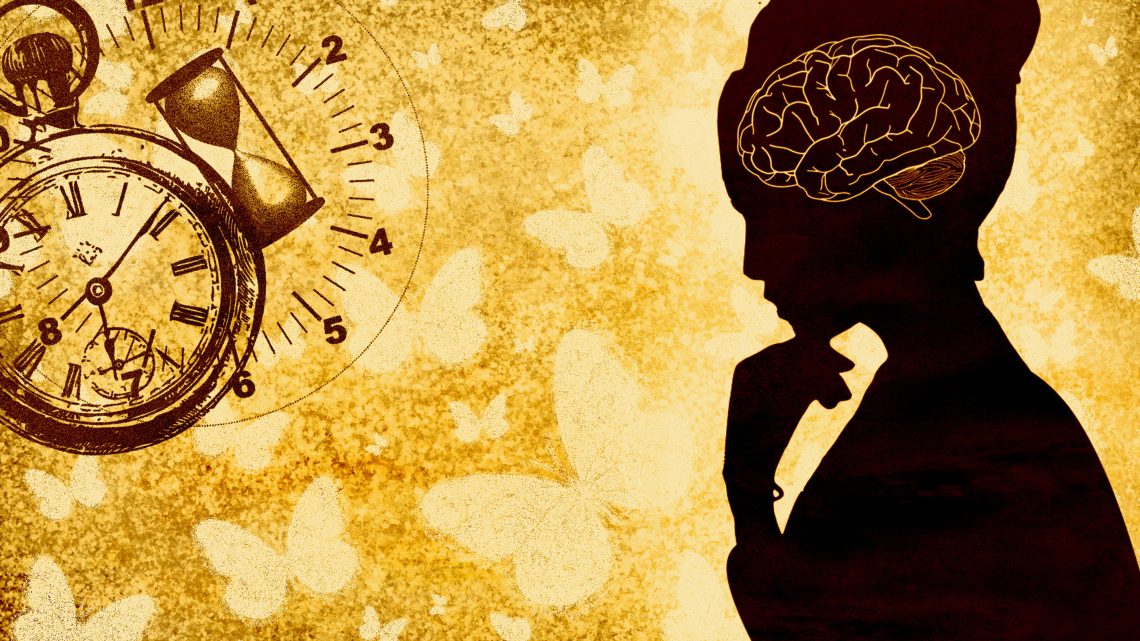-
Five myths about the Big Five personality model
Most people who are interested in psychology have probably heard of the Big Five model, which divides personality into five traits: extraversion, neuroticism, conscientiousness, agreeableness, and openness. It is often depicted as The model of personality—the holy grail of personality psychology. Sometimes a dichotomous contrast is made between pseudo-scientific models, such as the Myers-Briggs, DISC, or enneagram models, and the scientific model of personality—that is, the Big Five. The pseudo-scientific models are flawed for two main reasons: (1) they capitalize on and bolster categorical and simplistic thinking about personality in everyday life, as well as people’s need for a positive self-image, and (2) they are not supported by scientific evidence.…
-
On Putin’s war, rationality, and the power of worldviews
Vladimir Putin’s invasion of Ukraine came as a shock to most of the world. It is so blatantly unreasonable and reprehensible that some commentators have questioned Putin’s mental health and capacity for rational action. The debates about Putin’s rationality are, however, muddled by a lack of clarity about what we mean by ‘rationality’. Two types of irrationality There are two senses in which Putin clearly is irrational. First, the beliefs that motivated his invasion were not produced by a rational consideration of evidence and arguments, nor can they be rationally justified. He appears to have developed an increasingly warped and extreme view of things, including myths, propaganda, and “alternative facts”…
-
The psychology of philosophy
I first got interested in personality psychology long ago as a double-degree student of psychology and philosophy. I was intrigued by the psychology of philosophical divisions and started thinking about how people’s views of the world reflect their personalities. It seemed to me that there was frequently a coherence between the personalities of philosophers and the philosophical positions they adopted. Historical examples There are many historical examples consistent with this position. An example that comes to mind is Arthur Schopenhauer—a 19th century thinker known as the philosopher of pessimism, who was also known to be cynical and disagreeable in his personal life. Another obvious example is Immanuel Kant—an 18th century…
-
The behavioral sciences and the pandemic response
Should decision-makers have listened more to behavioral scientists when making decisions about how to combat the pandemic? There certainly are some general insights from research in the behavioral sciences that are important for effectively combating a pandemic. Some general points of this nature are summarized by Van Bavel et al. (2020). For instance, if we want to get people to wear face masks, then we need to promote norms that encourage mask-wearing (i.e., we need to normalize it). The most straightforward way of doing this (apart from using fines) would be to (a) clearly communicate that mask-wearing is a desirable and charitable act—something that “good citizens” do—and (b) have…
-
Is there a generalizability crisis in psychological science?
Tal Yarkoni recently published an article arguing that psychological science suffers from a generalizability crisis. Although this article has caused quite a stir in the field (and quite a bit of confusion), the issue Yarkoni discusses is by no means new. It has been known by methodologists for at least a couple of decades. It is also intimately connected to the problems that led to the demise of positivism and falsificationism in the philosophy of science. But Yarkoni has provided a new statistical formulation of this problem and brought it to the attention of mainstream researchers in psychology. I discuss the basic methodological issue, divorced from the statistical formulation, below.…
-
Authoritarianism on the left and the right: A sequel
In an earlier blog post, I discussed the problems with a new scale developed by Conway and colleagues to measure left-wing authoritarianism. I wrote that a better scale for measuring this construct could benefit research in psychology. Shortly after this, another team of researchers (Costello et al., 2021) published a new left wing authoritarianism scale. Although I have not studied this scale myself, it looks more promising and lacks the obvious problems of the Conway et al. scale. It is most likely an improvement on previous measures of left-wing authoritarianism. Nevertheless, the paper written by Costello et al. on their new scale is disappointing in some respects. A misleading narrative…
-
What is science anyway? On trust in science, critical thinking, and the Swedish covid response
Trust in science is a central pillar of modern democracies. Reliance on the expertise of scientific authorities is a powerful heuristic, because it impossible for one person to be an expert on everything. This heuristic works best if we trust the scientists who are the leading researchers on the topic of interest. Nevertheless, trust in science should never be unconditional. The notion of the scientist as an unassailable authority is antithetical to the very idea of science. Science is the best tool we have for understanding our world, but individual scientists are not flawless arbiters of the truth—they are often wrong and sometimes irrational (e.g., subject to groupthink, emotional conviction,…
-
Ideology, authoritarianism, and the asymmetry debates
According to one of the classical psychological theories of ideology, conservatism is associated with a simple, intuitive, unsophisticated, rigid, and authoritarian cognitive and psychological style. This rather unflattering portrait of conservatives has been the target of criticism lately. Critics have argued that it is a product of a “liberal bias” and hostility toward conservatism among social and political psychologists. Studies have been designed to show that the associations between the aforementioned characteristics and political ideology are symmetrical—or in other words, that extremists of any ideological persuasion are simple-minded, rigid, authoritarian, and susceptible to cognitive biases. Some of the criticism of the classical “rigidity-of-the-right” theory is undoubtedly warranted. But the problem…







